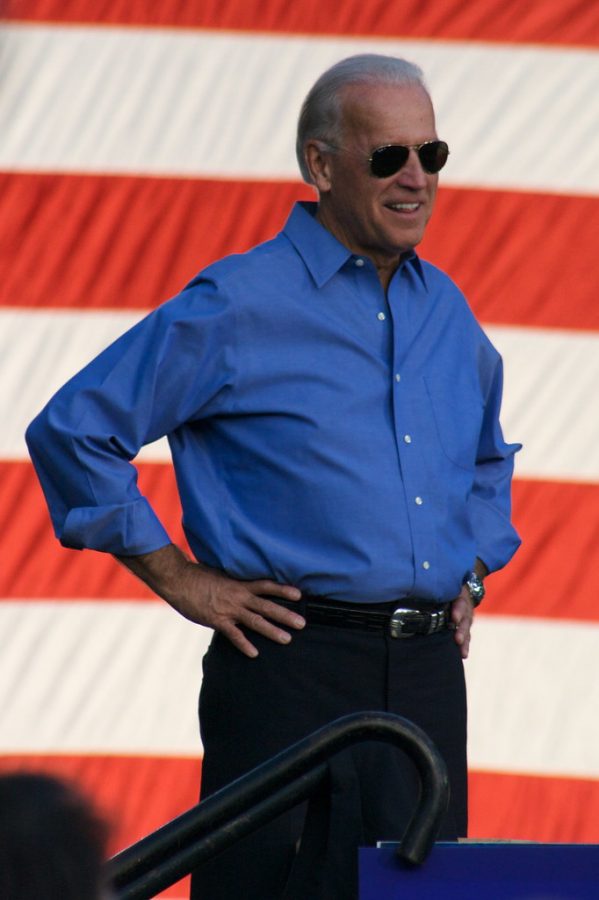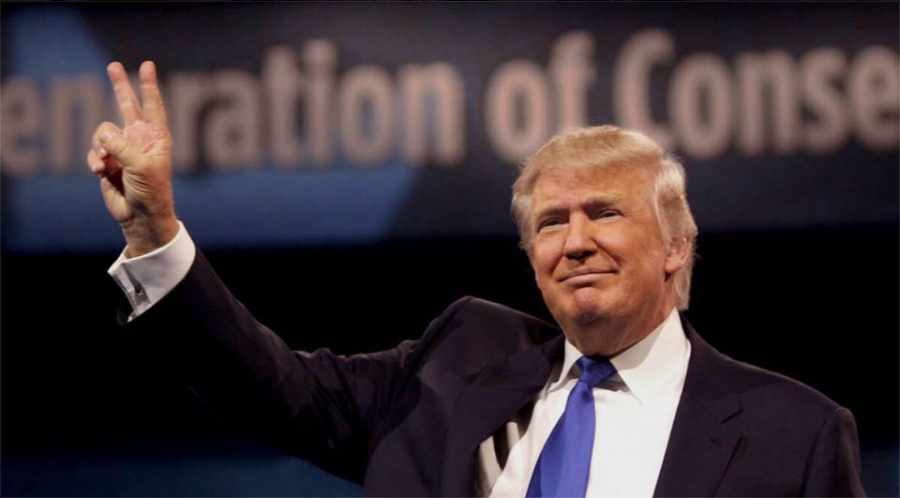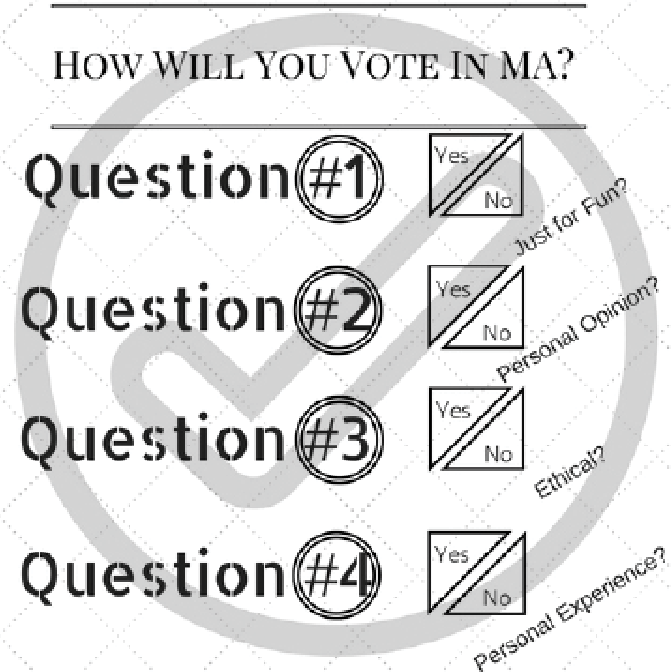Last Monday, former Secretary of State Hillary Clinton and businessman Donald Trump faced off in the first presidential debate of this election. The 90-minute debate was moderated by NBC’s Lester Holt, who also selected all the questions for the candidates.
News sources reported that it was the most-watched debate in U.S. history with about 84 million viewers, not including those who live-streamed the debate online.
Presidential debates have taken place since Lincoln’s time. The televised presidential debates with audiences to rival the Super Bowl are a relatively new phenomenon.
NPR reports that before last Monday, the record for most viewers of any presidential debate was during the 1980 election between Jimmy Carter and Ronald Reagan with 80 million viewers.
The first televised debate was during the 1960 election between John F. Kennedy and Richard Nixon, which was held 56-years to the date before Clinton and Trump’s first debate.
In 1960, this first debate and the three others that followed may be accountable for JFK’s presidency. Those who watched this first debate on television claimed JFK “won,” while those who listened to the debate over the radio said Nixon was the “winner.”
In terms of content, the candidates were evenly matched. Although, JFK had the looks and energy for television while Nixon was suffering with a minor fever.
For the past 50 years, winning the presidential election means mastering how to behave in televised debates.
Since last Monday’s debate, for example, the latest major polls such as Fox News, Reuters, Public Policy Polling and Quinnipiac University all show Clinton with a slight lead over Trump.
A recent Suffolk University poll, for example, done just after the debate shows Clinton leading Trump by six points in Nevada.
According to an article on the Suffolk website, Director of the Suffolk University Political Research Center David Paleologos said, “Clinton’s strong debate performance resonated with women in Nevada.”
One persisting question while watching these debates is how to determine a winner, and what made Clinton the winner of this first debate.
First, Clinton, even in the face of Trump as he claimed that he has the “best temperament to be president,” showed her composure. Clinton, who has been long-criticized of being “cold” and “aloof,” was smiling and laughing throughout the debate.
Secondly, when Holt asked questions regarding policy, Clinton gave specific, clear policy plans in some instances, while Trump volunteered little to no policies.
Third, during Trump and Clinton’s first debate, Trump spent his time trying to question Clinton on her email scandal, which Clinton simply responded with “I made a mistake by using a private email,” and that she was ready to put it behind her. Instead of denying her actions, Clinton admitted her mistake and apologized for them.
On the other hand, when Trump was questioned by both Holt and Clinton on not releasing his tax returns, he became defensive and produced excuses for why he could not release them. As a result, the sentiment of “untrustworthiness” transferred from Clinton to Trump.
At times, Trump even argued with moderator Holt rather than Clinton.
“No matter one’s political preferences, I think it’s easy to say Trump is a weak debater,” said sophomore Alicia Lynch, global and cultural communications major.
“Clinton gave very detailed responses and demonstrated she prepared for the debate while Trump seemed all over the place, which showed he didn’t really prepare much what he was going to say or only knew broad parts of certain issues,” she said.
Senior Andrea Kenna, who studies law and public policy, agreed that Clinton won the debate.
“There was a lot of disagreement over who won this most recent debate but I think the most efficient way to tell is by looking at who spoke the most about their policy ideas and who went into the most detail,” she said.
In Kenna’s opinion, that candidate was Clinton.
“I would have to say that Hillary Clinton won the debate, she brought up more policy issues and resolutions than Trump did. Trump spent most of the debate on the defensive side rather than focusing on the debate topics,” Kenna said.
Sophomore international relations major Tim Tumbokon would argue that neither of the candidates won the debate.
“They did not inspire me to vote for either of them,” he said, noting that third party candidates will be the best option for people like him who dislike both Trump and Clinton.
“[The debate] proved that we need third parties in the mix,” Tumbokon said.
In all, the aim of these debates is for candidates to show how they are more qualified to serve as president over their opponents.
In future debates, decide the winner based on how the candidates behave, what their policies are and how they will implement them, and how much time they spend speaking to their own merits, rather than trying to tear down their opponent.
The next presidential debate will be held on Oct. 9 and Oct. 19.






